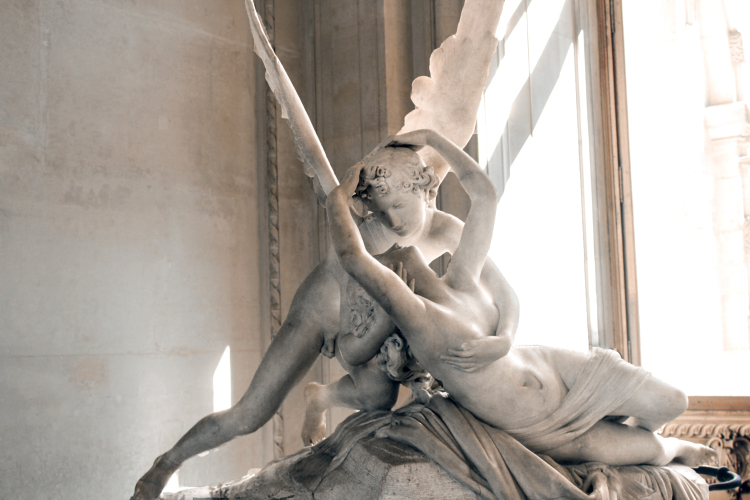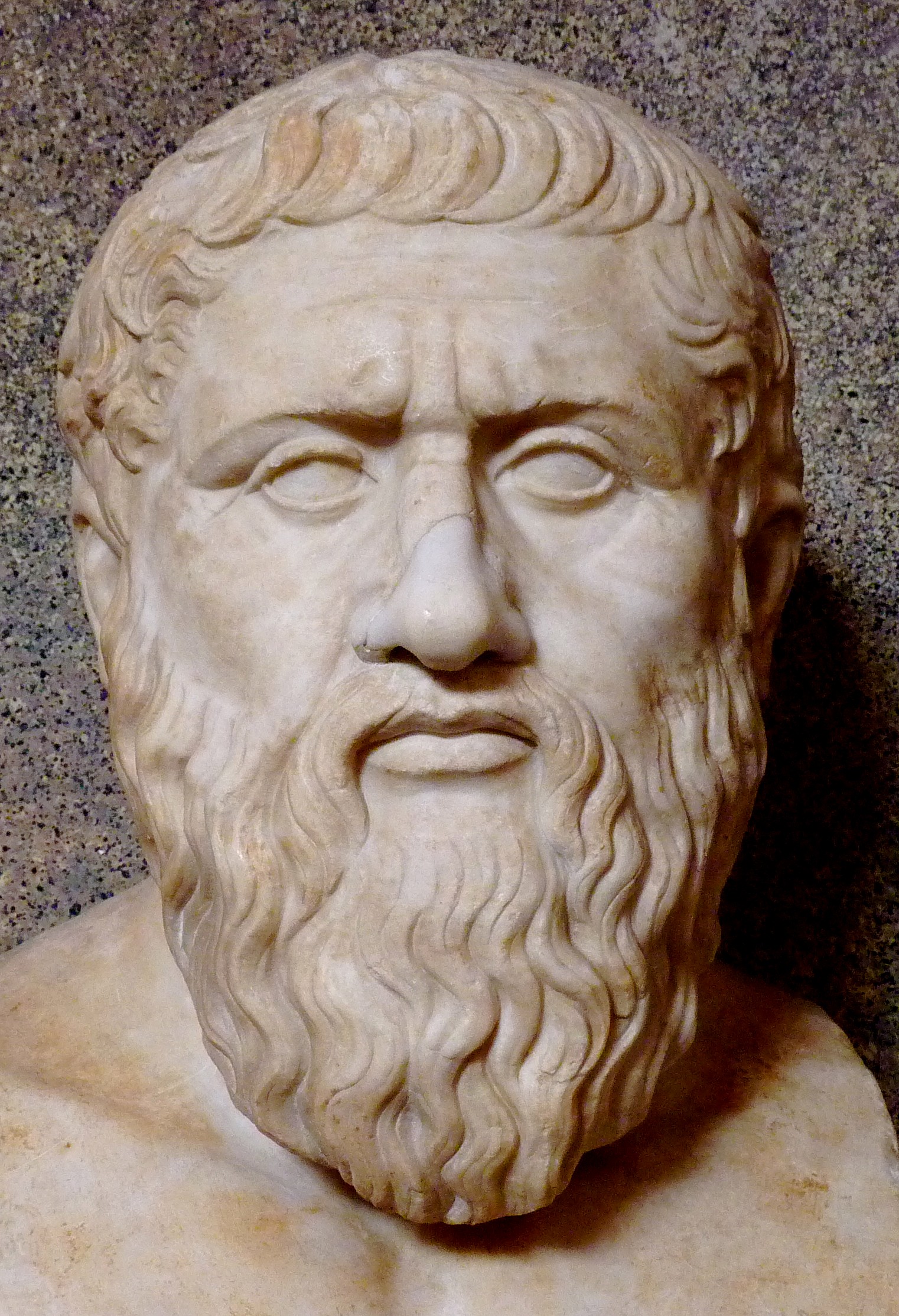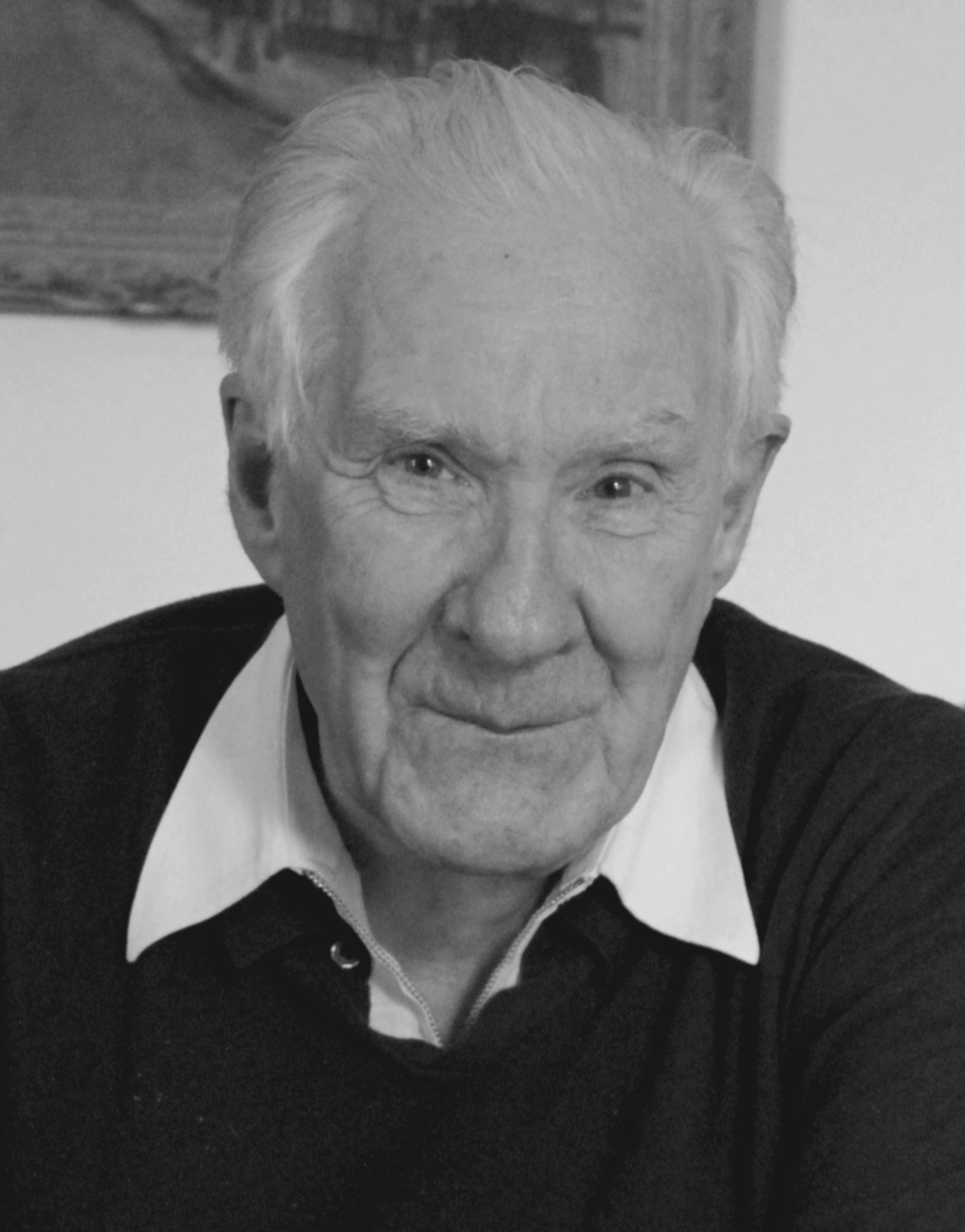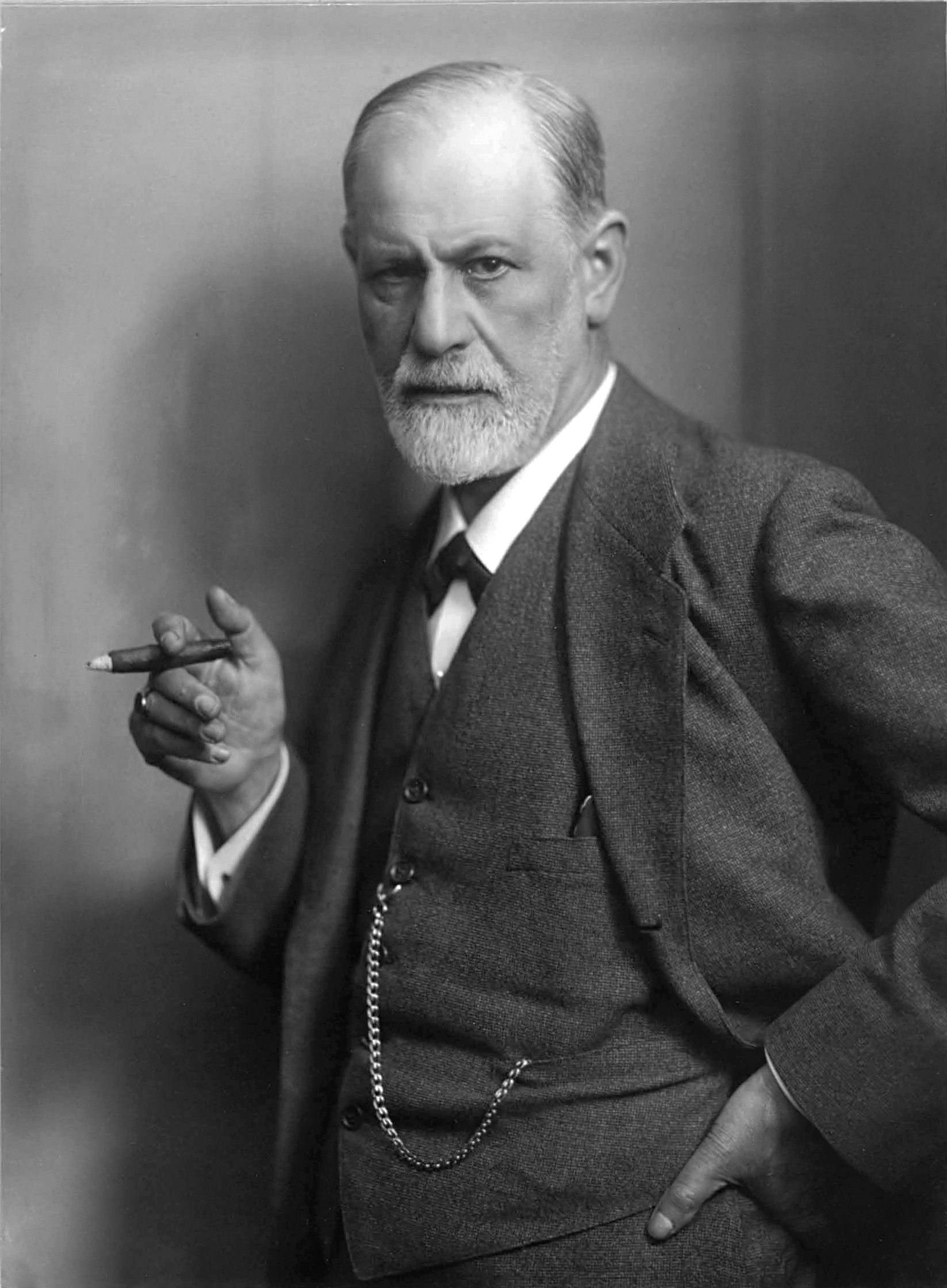The Philosopher's Guide to Love

Love, a complex emotion that involves intense feelings of affection and connection toward someone else, can take on many forms and different perspectives for each experience. Love, lust, happiness and connection have also been subjects pondered and questioned by many within the field of philosophy. Different philosophers can take on vastly different views of love, so see what your favorite philosopher has to say on the matter.
Image credit: Wikimedia CommonsPlato
In Plato’s Symposium, love and desire take on the central theme. The dialogue is set around a banquet where many great thinkers are gathered. At this banquet, each thinker recounts their view on love. Socrates goes last in this challenge. He references his teacher, Diotima, who taught Socrates about the “Ladder of Love.” This ladder's function is to describe the progression of love from its beginning stages to its final destination.
The “Ladder of Love” consists of 5 different stages. The first stage is being in love with one's physical beauty. This could be the first person you loved and cherished where you focused mainly on the lustful feelings that rose in you. The second stage is being in love with all physical bodies. This could be seen as someone coming to the realization that many people are beautiful and wanting to explore the endless bounds of beauty. The third stage is being in love with one’s soul. This is the first big love that goes beyond looks and lust. This could be seen in a relationship with people that just work together, like maintaining the friendship aspect of their relationship while also going deeper into love that is not based on looks but rather personality. The fourth stage is seeing the love and beauty in laws, institutions, philosophies and sciences. This could be seen by the beautiful souls whom you fall in love with creating something bigger than themselves. Essentially, once you have fallen in love with a beautiful soul you will see the beauty in the institutions of life and the meaning behind it all. The fifth stage is understanding beauty itself. Plato writes that this is "an everlasting loveliness which neither comes nor goes, which neither flowers nor fades." Understanding that everything is beautiful because it comes from the form of beauty is the highest stage of the "Ladder of Love".
Image credit: Wikimedia CommonsAristotle
The ancient Greek philosopher did believe in soulmates but had a different view from how it is viewed today. Friendship, for Aristotle, is one of the most important aspects of a joyous and fulfilling life. He believed friendship should be based on mutual respect, common interest and shared values. Aristotle has three often times interchangeable versions of relationships. The first relationship is based on utility, this is regarded as what one can get out of the other. It can either be free concert tickets or a nice dinner, but the underlying foundation is the benefit of utility. The second relationship is based on pleasure. This could be the one-night stand or that one person who just really knows what’s going on—if you know what I mean. And lastly, the final relationship described by Aristotle is one that is reciprocal, in which both people involved benefit and grow, developing themselves while inspiring the other to develop too. This is what Aristotle believed to fit the term soulmates.
Image credit: Wikimedia CommonsBadiou
Alain Badiou is a French contemporary philosopher that has his own view on love. Instead of viewing love as a feeling, as many like to believe today, he regards it as an event that has the capability to change someone’s life. For Badiou, love is not emotion or feeling but rather a decision one makes to partake in a type of relationship with another person. The relationship is a commitment to the other person, regardless of their characteristics or attributes. This commitment is transformative and requires the person to step out of their comfort zone when it comes to beliefs, religion, preferences and habits. Love is all about shared commitment and common truth. Badiou acknowledges that love can be a political act that can bring new possibilities for individuals and create collective growth and transformation.
Image credit: Store Norske LeksikonSpinoza
Baruch Spinoza, the 17th-century Dutch philosopher had his own thing to say about love. Alive in the 17th century, Spinoza was concerned with God like many people at the time. He believed that love ultimately derived from God and by understanding God's vast love, then one can have a greater capacity to love others. Spinoza believed that the love of two individuals happens through the manifestation of the mind connecting to unity with all things in the universe. When two people meet each other with love, they both understand the common human nature they share. This leads to them both seeking the well-being and happiness of one another. This love for Spinoza is a deep and lasting connection that happens between the two people. And he believes that the ultimate reward after finding this love is an understanding of the nature of God and the universe, and the ability to attain happiness and freedom.
Image credit: WikipediaFreud
Sigmund Freud, the founder of psychoanalysis, had a unique view on love and intimate relationships. For Freud, love is concerned with human sexuality, desires and drives. It is also concerned with early childhood experiences regarding parents. Freud saw the attraction between two people as the result of unconscious wants and conflicts that are rooted in past experiences. He also believed that love was not only about mutual attraction but also about jealousy and competition. Freud knew that complex love is shaped by both positive and negative emotions that are rooted in our unconscious mind and he knew the power of an authority figure. In many psychoanalytic experiences, his patients would confess their love to him. This sheds light on how authority figures often can misconstrue subordinates resembling parental ties furthering the claim of past experiences impacting present moments.












